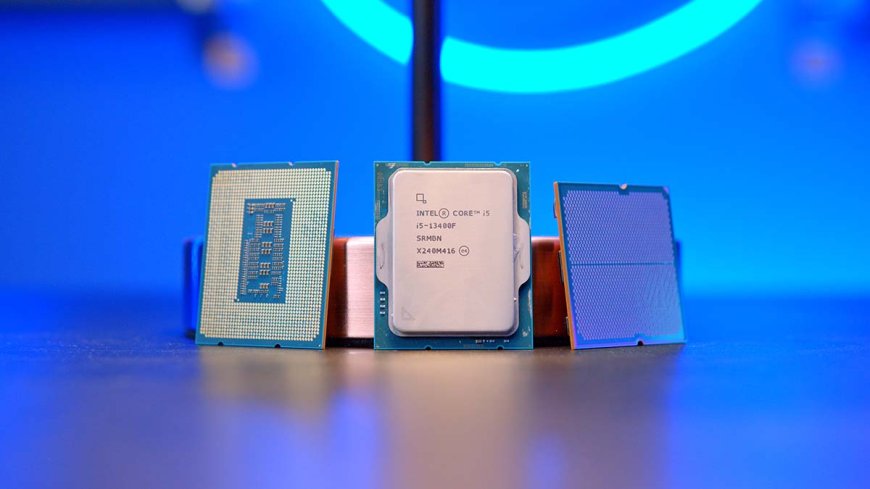CPU Buying Guide: Finding the Best Processor for Productivity and Gaming
Selecting the right CPU can be a complex task, with various factors influencing the decision. This guide aims to simplify the process by considering specific use cases, from budget-friendly options to high-performance CPUs. We also factor in platform costs and future upgrade possibilities to provide well-rounded recommendations.

CPU Selection for Different Use Cases
Low-End Segment: Intel's Competitive Edge
Intel maintains its stronghold in the low-end market segment. For users with basic computing needs or those building an entry-level gaming PC, Intel's offerings in this range present a solid balance of performance and cost.
Also check ASRock Z790 Nova Motherboard Review: Striking a Balance Between Style and Performance
AMD's Progress in the Mid-Range
AMD has been gaining ground in the mid-range segment, particularly with its Ryzen 5 7600 priced around $200. This CPU offers a good mix of performance for both productivity tasks and gaming, making it a viable choice for users seeking a balance between cost and performance.
Gaming Performance: AMD Ryzen 7800X3D Challenges Intel
In gaming, AMD's Ryzen 7800X3D has emerged as a formidable competitor, especially for users focused on gaming performance. Intel faces challenges here, particularly with specialized parts like the Ryzen 7800X3D, which offers exceptional gaming performance.
High-End Segment: Intel's Power Usage Concerns
At the high-end, Intel CPUs often suffer from excessive power consumption. While undervolting and power target adjustments can mitigate this issue, AMD's Ryzen 9 series typically offers better performance and efficiency in this segment.
Entry-Level CPU Recommendations: Balancing Budget and Performance
The Case for the Intel Core i3-12100F
While the cheapest CPU option might seem appealing for budget-conscious buyers, a slightly more expensive CPU can offer significantly better performance. A prime example is the comparison between the Intel Core i3-10100F and the Core i3-12100F. The latter, only slightly more expensive, delivers over 20% better gaming performance, making it an excellent choice for those on a tight budget.
Platform Costs and Future Upgradability
When considering a CPU purchase, it's essential to factor in the total platform cost, including the motherboard and RAM. For the Core i3-12100F, LGA 1700 motherboards are available at reasonable prices, with entry-level boards starting at around $80 and more robust options capable of handling Core i9 processors beginning at $120. Regarding memory, both DDR4 and DDR5 are viable options, with DDR5 recommended for optimal performance. However, DDR4 remains a cost-effective alternative for those looking to minimize expenses.
Conclusion: Making the Informed CPU Choice
Choosing the right CPU involves balancing various factors, including performance needs, budget constraints, and potential future upgrades. By understanding the strengths and weaknesses of different CPUs across various price points, users can make an informed decision that aligns with their specific requirements, whether for basic computing, gaming, or high-performance tasks. This guide aims to provide a comprehensive overview to help navigate the complex CPU market, ensuring users get the best value and performance for their investment.


































